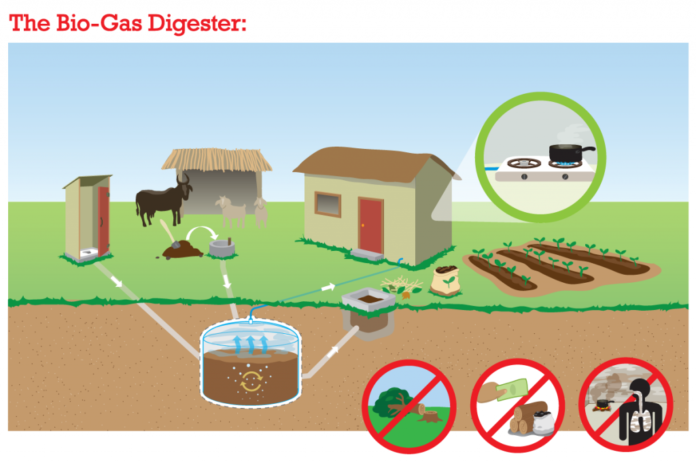Going green and sustainability are common phrases today as people change their approach towards energy and waste management. However, the change to bio-digester comes with its own costs and new challenges. Moreover, most people are not ready for the shift.
The government has been championing the installation of solar water heating devices to make use of sunlight as a renewable source of energy. But a particular headache for many is waste management, especially for those who live or are putting up homes in places that are not served by proper sewerage facilities.
Benefits of Bio-digester
Take the case of how most apartments have a problem when it comes to sewage waste. Which is the smell and filling up especially during the rainy seasons. This happens to be the case with most septic tanks. Therefore, more and more landlords are embracing toilet bio-digester technology.
Take an example of a school, where sewage disposal is the major money drainer. The school, which has 64 students alongside the teaching staff and the non-teaching staff, use pit latrines.
The school constructs a toilet bio-digester at a cost of Kes 260,000. Surprisingly, the school used more than Kes 100,00 every month for exhaust services.
The new toilet bio-digester in the school has the capacity to serve between 150 and 200 people. If the school expands, the bio-digester will be expanded.
Toilet bio-digester technology only found its way into the minds and plans of many recently. This technology supports better hygiene and is relatively cheap.
A 1.2 cubic metres toilet bio-digester, which can serve one to 30 people for a domestic family unit, can cost you close to Sh100,000. This will be your last investment compared to the unreliable exhaust services.
See Also: How A Bio-digester Works
Why Bio-digester?
The technology can be a solution to many problems, especially in fast-growing urban centres. A toilet bio-digester has chambers that allow sewage waste to be degraded as it goes through it.
The end product is re-usable products such as water, which can be reused for flushing toilets and farming after the water treatment. Bio-digesters can be a real game-changer in Kenyan cities like Nairobi where people depend on exhaust services and the ageing Ruai Sewerage Treatment Plant.
In Nairobi County, for instance, exhaust service companies charge between Sh4,000 and Sh10,000 to dispose of your sewage waste. This depends on the capacity of the exhaust lorry, which ranges between 4,000 and 10,000 litres.














